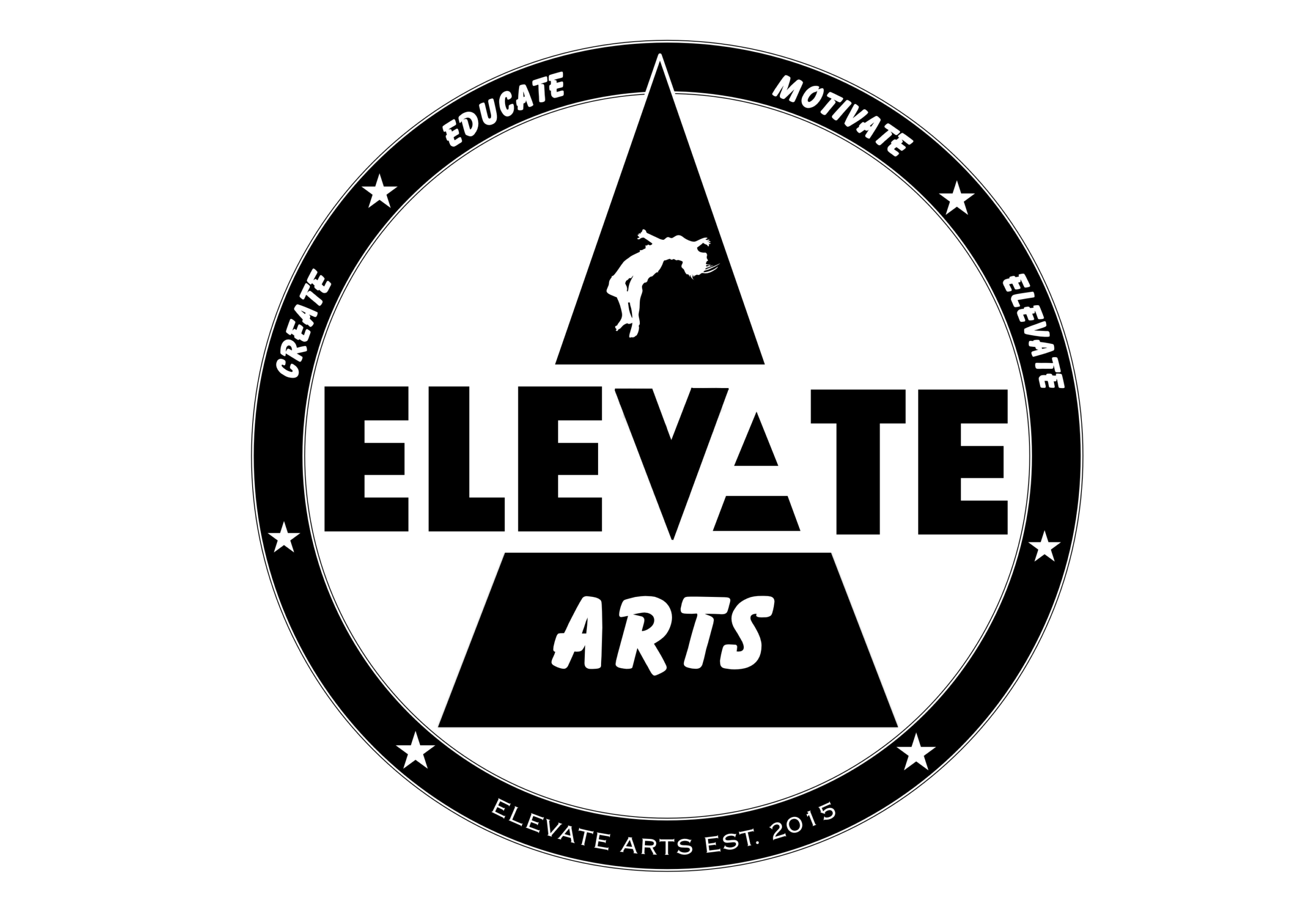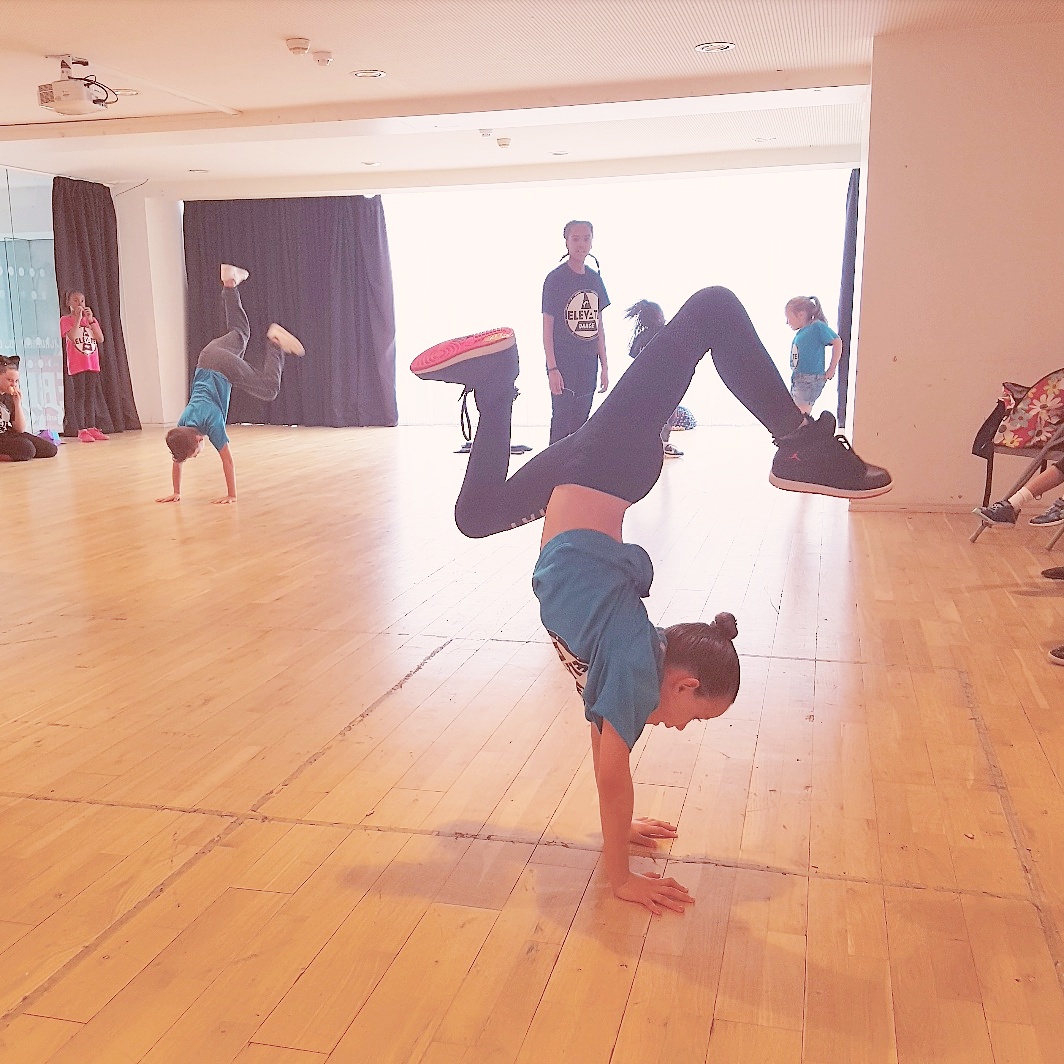Whether your child participates in dance class for fun, or because it is their dream to become a professional dancer, they will learn and develop a wide range of important transferable life skills without even realising it! Yes, dance is physical, it will develop your child’s endurance, strength, flexibility, dance ability and coordination, keeping them physically healthy, but dance also offers many other benefits:
- CONFIDENCE – Overcoming challenges in class and performing in front of others helps develops young peoples’ confidence
- SELF ESTEEM – Sharing and showcasing their ideas allows young people to develop their sense of self. By belonging to a dance family, they discover who they are and receive support and encouragement from their peers
- RESILIENCE – Dance is difficult, it takes time to learn a new step or a new style, there will be times where you didn’t win that competition or are not the top of the class. Dance teaches young people to overcome adversity and setbacks and push through them to achieve their goals
- TEAMWORK – Working with others is an important aspect of dance. Whether a child is asked to work in a group, or is part of a crew where each individual is an integral part of the team, they are developing their ability to work as a team and begin to understand their importance as an individual within something bigger than themselves
- CREATIVE THINKING – Dance requires us to think outside of the box, to create new things, and to share and bounce ideas off each other. This cognitive development opens up young peoples’ minds to endless possibilities whichever road they decide to travel in life
- SOCIAL SKILLS – In dance class, children learn how to take turns, cooperate with others, share the attention and communicate verbally and non-verbally with each other. As they watch each other perform, they learn about appreciation and supporting others
- DISCIPLINE – Having to learn a new step or drilling a dance piece can be physically and mentally tiring, listening and maintaining focus is hard work, getting to class on time and in the right attire can be a challenge. All these elements of a dance class help develop discipline in young people
- EMOTIONAL MATURITY – Dance teaches children how to creatively express their emotions and have an awareness of others’ emotions through movement. Using dance as a creative outlet to express emotions allows children, especially young children who find it difficult to verbally communicate, to understand and communicate their feelings in a healthy way
- MOTIVATION – There’s always a new move to learn or an upcoming show. This teaches children there is always more to learn, bigger platforms to aim for, it gives them the drive to become better, to achieve more. Efforts and results are praised and each individual is an important contribution to the team so they won’t want to let their team down. This helps children develop self-motivation
- ACADEMIC PERFORMANCE – Dance teaches children how to focus, listen, follow rules, work with others. It is physically and mentally challenging. Working out a step on the left side or using choreographic elements to play with movement develops childrens’ problem solving skills. Children learn right from left, how to count, they learn about fast and slow, different qualities of movement, how transference of weight works, about their center of gravity. All these physical and cognitive skills help develop both sides of the brain, and instil discipline, helping children to focus and achieve their full potential academically outside of dance class

